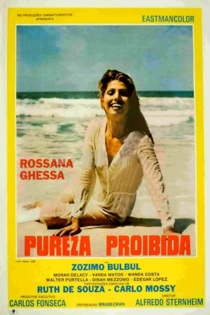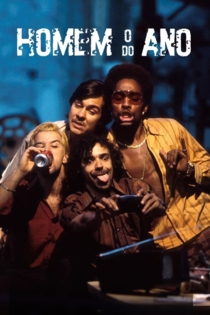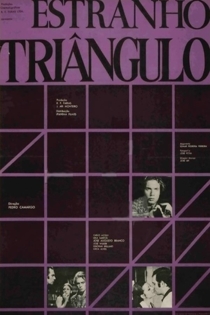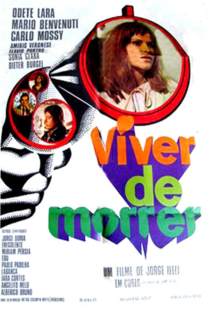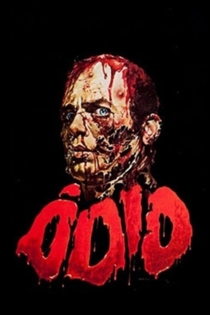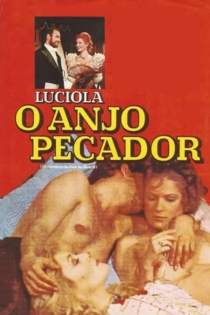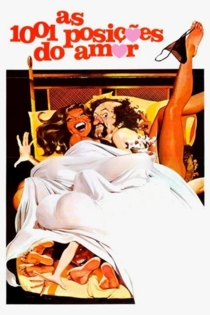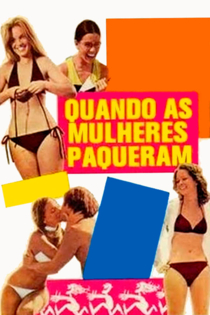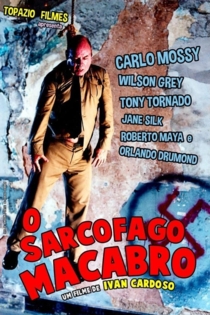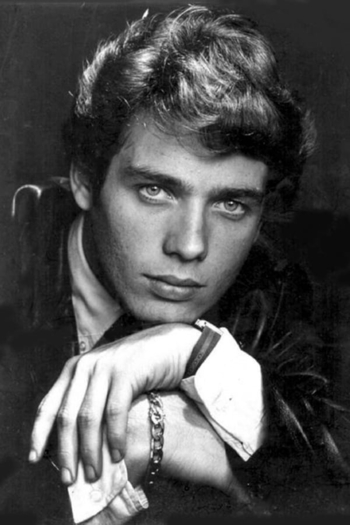
Carlo Mossy
1946 (79 лет)Cinema em 7 Cores
Felipe Tostes, Rafaela Dias
Karim Aïnouz, Monique Lafond
Cinema in 7 Colors traces an historical panorama of how the queer people were portrayed in the Brazilian silver screens, from its origin in the chanchadas of the 1950s up to the present day. The film investigates the origins of the prejudices, stereotypes, as well as the importance of the identification with constructive representations of these characters.
Cinema in 7 Colors
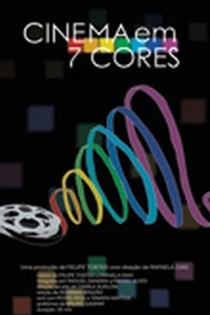
Benjamim Zambraia e o Autopanóptico
Felipe Cataldo
Felipe Cataldo, Melissa Coelho
Benjamim Zambraia is a young drunk who wanders around the city and is sometimes treated with pampering and sometimes with a beating by his parents (Helena Ignez and Otávio Terceiro). As in Chico's book, the boy is obsessed with a big stone.
Benjamim Zambraia e o Autopanóptico
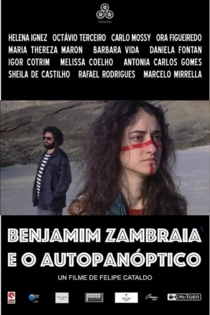
A Penúltima Donzela
Fernando Amaral
Adriana Prieto, Paulo Porto
A young women from a conservative family loses her virginity to her boyfriend who dumps her after. She starts a new relationship, but when her parents find out she has been "ruined" they try to arrange a marriage with the first boyfriend.
A Penúltima Donzela
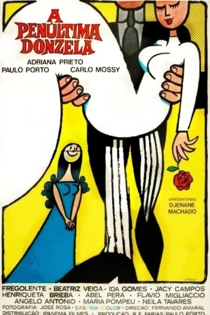
Copacabana Me Engana
Antonio Carlos da Fontoura
Carlo Mossy, Odete Lara
Marquinhos is in his early 20s and lives in Copacabana with his petits bourgeois parents and older brother. He doesn't have a job, he doesn't go to school, he just lives on the spur of the moment, watches TV, plays soccer on the beach by day and goes out with his mates by night. He meets Irene, a 40 year-old woman and they have a love affair that is going to change his life - for a while.
Copacabana Fools Me
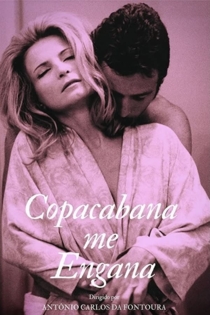
Cafuné
Bruno Vianna
Priscila Assum, Lúcio Andrey
Marquinhos (Lúcio Andrey) lives in the Rocinha favela, in the city of Rio de Janeiro. He gets involved with Débora (Priscila Assum), a young woman from the upper middle class with whom she starts to face adult life and several difficulties that try to separate them.
Cafuné
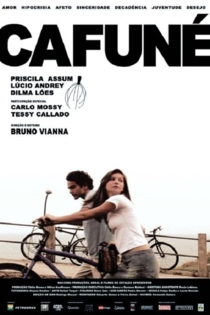
Boa Sorte, Meu Amor
Daniel Aragão
Vinicius Zinn, Christiana Ubach
Dirceu, 30 years old, has origins that go back to the aristocracy of Northeast Brazilian backlands. Settled in a kind of subjective amnesia, Dirceu tries to bury his family's past. He is a demolition man in Recife, an urban landscape undergoing an uncontrolled process of transformation. Maria shares the same country origins, but she uses the city for a different purpose. She is a carefree and joyful music student. If Dirceu aspires to a world that is stable and present, Maria lives in discord with the present. To her, nothing is as it should be. Maria's apparition unleashes in Dirceu an urge for being somebody else. On a route of escape through the desert of the backlands, a unique encounter is set to happen. Boa sorte, meu amor (Good luck, sweetheart) is an anti-romance of the impact between music and silence.
Good Luck, Sweetheart
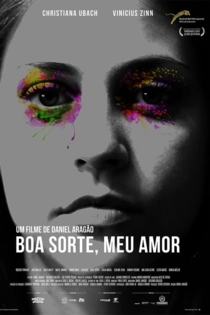
Pureza Proibida
Alfredo Sternheim
Rossana Ghessa, Zózimo Bulbul
Baby is found by nuns, who raise her inside the convent. When she grows up, she moves to a fishing village and gives up religious life when she falls in love with a black fisherman, who practices a Afro-Brazilian religion called Umbanda.
Pureza Proibida
